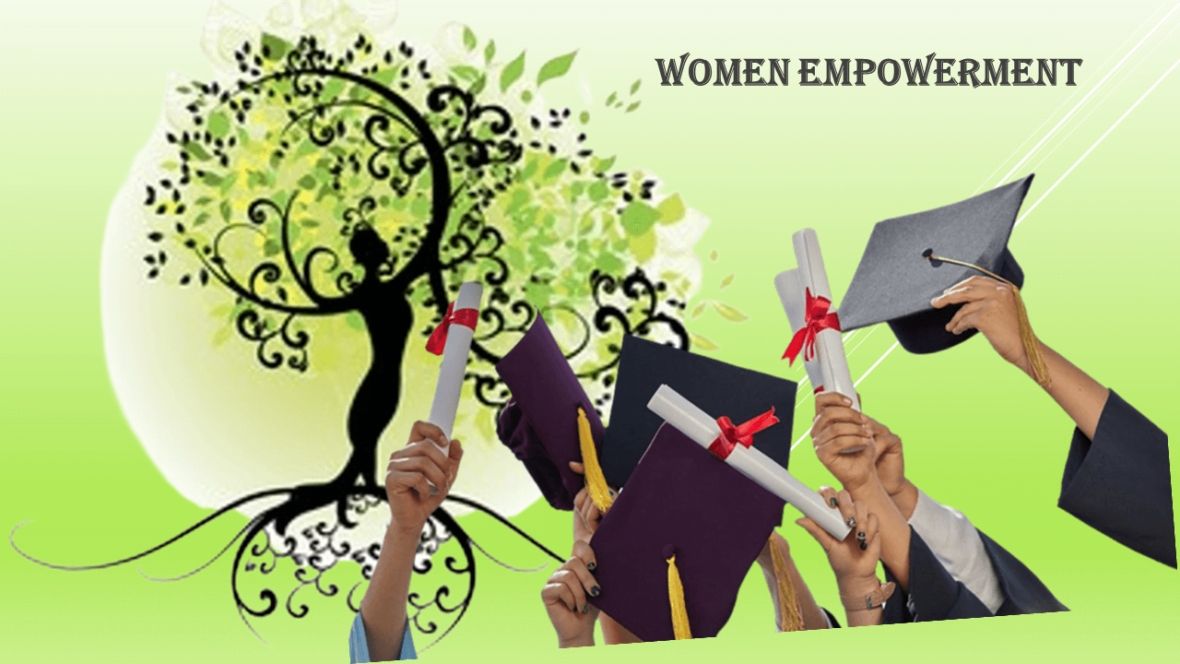Empowering Women: This marks the third installment in an ongoing series on “Empowering Women”, featured on our website, Raise Your Dimensions.
Forewords
Despite women’s tireless efforts, their contributions are often unacknowledged. This situation brings to the inquiries regarding gender equality and the enduring presence of patriarchal structure within our societies. It becomes imperative for us to engage deeply and work actively on the reasons behind these persistent inequalities. By doing so, we can pave the way toward the foundation of a world where women and men collaborate as equals to foster positive change.
We encourage our readers to approach this topic with an open mind and take active steps to empower women while gaining insights into the unique challenges they face. It’s not solely a women’s concern, it’s a global imperative that impacts us. Our active involvement in this matter in different roles will contribute to building valuable societies.
Empowering women is not a task with an endpoint; it is an ongoing commitment. It requires coordinated efforts from governments, communities, businesses, and individuals alike. Our primary objective in addressing this topic is to ignite “Contemplation, Perspective, and Exploration” to adopt the framework that facilitates the rightful empowerment of women while encompassing the various facets of this topic.
In our first article, we outlined the specific areas we intended to explore within the context of this subject. The second article recognized women’s extraordinary contributions across various fields, where they exert a profound influence on numerous aspects of society. In this post, we will focus on the following:
- Highlighting Women’s Unique Strengths: Shedding light on women’s unique strengths that shape society, fostering a more inclusive environment.
- Addressing Challenges: Addressing the challenges women confront, including the unnoticed strengths due to prevailing gender biases in male-dominated societies.
Women’s Unique Strengths

Women as individuals, encompass a wealth of unique and valuable strengths that are intrinsic to their character and experiences. Their profound capacity and ability lead to positive outcomes in various spheres of life. Here are unique attributes that women possess and the ways in which these attributes contribute:
The Power of Empathy
One of the remarkable qualities that women often possess in abundance is Empathy. This innate ability to understand and share the feelings of others fosters deeper connections and more compassionate communities. Empathy is the cornerstone of effective communication, conflict resolution, and collaboration, making it an essential strength.
Empathy also extends to women’s roles a caregivers and nurturers. Their capacity to provide emotional support and create safe, loving environments within families’ nurtures empathy in future generations. This ripple effect has a profound impact on society, instilling values of compassion and kindness.
Resilience in the Face of Adversity
Women have demonstrated remarkable resilience throughout history. In the fact of adversity, they have stood strong, defying societal norms and overcoming obstacles. This resilience is a testament to their unwavering determination and fortitude.
This strength is particularly evident in women who have broken barriers in male-dominated fields, proving that tenacity knows no gender. Their achievements inspire not only other women but society as a whole, emphasizing the importance of perseverance in the pursuit of one’s goals.
Collaborative Leadership
Women often excel in collaborative leadership, a style that emphasizes teamwork, consensus-building, and active listening. This approach to leadership is particularly effective in diverse and inclusive settings, where difference perspectives are valued.
In leadership roles, women bring a unique blend of assertiveness and empathy. They are adept at balancing the needs of the individual with the goals of the group, making them instrumental in driving positive change within organizations and communities.
Adaptive Problem-Solving
Women’s ability to adapt and find creative solutions to complex problems is another noteworthy strength. This adaptability stems from their experiences in multiple roles and responsibilities requiring them to think on their feet and find innovative ways to manage various tasks.
In a rapidly changing world, the capacity to adapt and innovate is invaluable. Women’s unique approach to problem-solving contributes to the development of groundbreaking solutions that benefit society at large.
The Role of Education
Women serve as the primary educators in various roles such as mothers, teachers, and mentors, and possess a wide array of strengths that significantly impact the growth and maturation of each child. These strengths include Empathy, Patience, Communication, Nurturing Nature, Adaptability, Commitment, Role Modeling, Problem-Solving, Resilience, Encouragement, Compassion, Diversity, Inclusivity, and Lifelong Learning. These strengths collectively contribute to the holistic development of individuals and play a pivotal role in shaping society by nurturing future generations to become informed, empathetic, and capable members of their communities.
Hence, we can say undoubtedly, women’s unique strengths are an integral part of every individual’s life, contributing to its vibrancies and resilience.
By acknowledging and celebrating these strengths, we take a significant step toward creating a more inclusive, equitable, and compassionate world. It is our collective responsibility to ensure that women have the support and opportunities they need to flourish, for their strength is, in essence, society’s strength.
Challenges Faced by Women

Women worldwide navigate a complex network of opportunities and challenges. While they have achieved remarkable progress in numerous fields, they still struggle with a unique set of challenges. By recognizing these issues and working collectively to address them, we can create an environment where women are empowered to reach their full potential.
Stereotyping and Discrimination
Stereotypes and discriminatory practices remain significant barriers for women in various aspects of life. Whether in the workplace or in society at large, women often encounter bias based on gender, like:
- Gender Role Stereotypes: This involves expectations and assumptions about how men and women should behave based on traditional gender roles. For example, the stereotype that women should be nurturing and stay-at-home caregivers, while men should be the primary breadwinner.
- Occupational Stereotypes: Certain careers or fields are often stereotyped as more suitable for one gender than the other.
- Appearance-Based Stereotypes: Women are frequently judged based on their physical appearance. Unrealistic beauty standards and body image expectations lead to unfair treatment.
- Maternal/Paternal Bias: Mothers may face bias in the workplace due to assumptions that they are less committed to their jobs.
- Double Standards: Women often face double standards in behavior and expectations. For example, assertive women may be labeled as aggressive, while assertive men are seen as confident leaders.
- Age Discrimination: Women especially as they age, can face ageism, which can limit their opportunities in various aspects of life including employment and retirement. In some organizations the retirement age for women is 55 and for men is 60 years.
- Intersectional Discrimination: It is often compounded when it intersects with other factors like race, ethnicity, sexual orientation or disability. For example, women of color might face unique challenges due to both gender and racial biases.
- Microaggressions: These are subtle, everyday forms of discrimination that can include comments, behaviors, or actions that belittle or marginalize women. It may be unintentional but can still have a significant impact,
- Institutional Discrimination: Discrimination can be built into societal institutions, such as unequal pay, or limited access to education and healthcare.
- Violence and harassment: Women are disproportionately affected by gender-based violence and harassment, both in public and private spaces.
- Online Abuse: The rise of the internet has given rise to online harassment and cyberbullying targeted at women, often involving threats and hate speech.
These types of stereotyping and discrimination challenges, contribute to gender inequality and challenges for women. Challenging these stereotypes and fostering inclusive environments is crucial for gender equality.
Balancing Act
Women often play multiple roles simultaneously, balancing careers, and societal expectations. This manipulating act leads to stress, burnout, and a feeling of being torn between personal and professional responsibilities. The need for adequate support systems, flexible work arrangements, and shared caregiving responsibilities is paramount.
Underrepresentation in Leadership
While women have made significant strides in various sectors, they are still underrepresented in leadership roles. This underrepresentation limits their influence in the decision-making process and perpetuates gender disparities in power dynamics. Encouraging more women to step into leadership roles is crucial for a more equitable future.
The Gender Pay Gap
One of the most persistent challenges faced by women is the gender pay gap. Despite performing the same roles and responsibilities as their male counterparts, women often find themselves earning significantly less. This pay gap not only affects their financial independence but also perpetuates gender-based economic disparities.
Gender-Based Violence
Gender-based violence, including domestic abuse and harassment, continues to be a pervasive challenge. Many women suffer in silence, fearing social stigma or lacking access to support and resources. Raising awareness, providing legal protection, and creating safe spaces for victims are vital steps in addressing this challenge.
Legal protections are instrumental in empowering victims of gender-based violence and holding perpetrators accountable for their actions. To create a society free from gender violence, it is essential to continually improve and expand legal measures while addressing the challenges that impede their effectiveness. By doing so, we can work towards a future where all Individuals, regardless of gender, can live without fear of violence and discrimination.
Unprofessional Relationships at Workplace
Unprofessional relationship is one of the challenges women may face in the workplace. While it is a challenge that can affect all employees.
Within an organization, it is essential to maintain a respectful and professional workplace environment where all employees can thrive. Besides, gender-violence, individuals engage in unprofessional relationships, indeed can be challenging in managing workplace dynamics.
These relationships have the potential to generate challenges, erode professionalism, and create difficulties for individuals, both women and men, who prioritize maintaining professionalism in their work environment. Addressing unprofessional relationships is an important factor in building a productive, bias-free organization. By establishing clear policies, providing education, and taking appropriate actions when needed, organizations can ensure that professionalism and respect prevail in the workplace, fostering a more inclusive and equitable atmosphere.
Gender-based violence and unprofessional relationships differ significantly in terms of nature, consent, power dynamics, and impact. Addressing both issues is important for creating a safe and equitable workplace environment.
Dear readers, our discussion on this subject persists. Let us approach this topic with an open mind, striving for progress and a brighter future where women are more empowered in shaping a valuable and flourishing society.
Disclaimer: The majority of the pictures on our platform are sourced from Google images and Pexels, and may not indicate copyright ownership. We will promptly remove the picture with sincere apologies, if any copyright claims.







